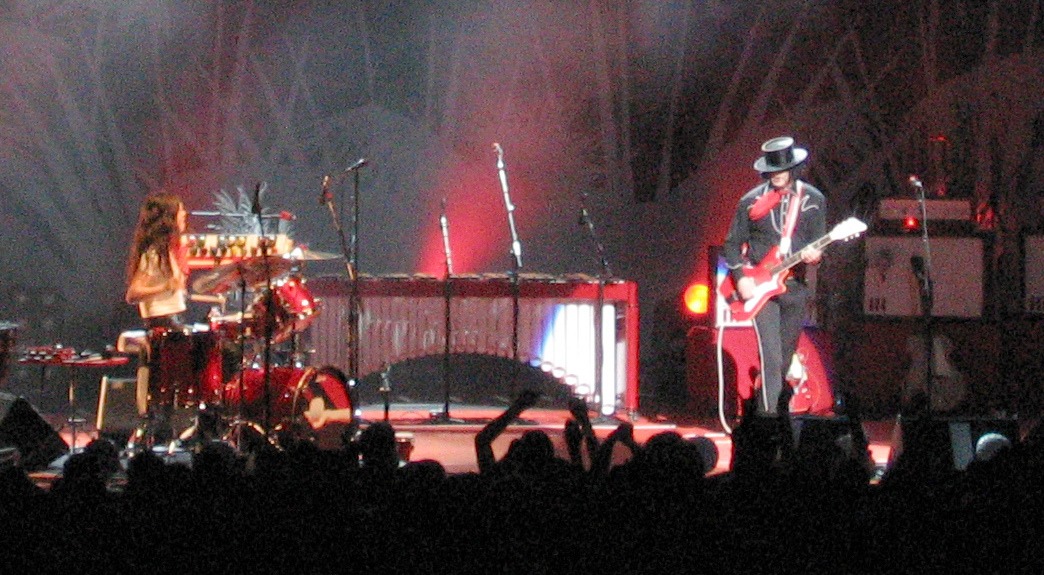Rock mythology got its newest chapter Saturday night when Jack White stepped alone onto the stage at the Rock Hall‘s Los Angeles theater, accepting The White Stripes‘ long-overdue induction.
Meg White—the enigmatic drummer who helped define 21st-century garage rock—sent her apologies but remained true to form, avoiding the spotlight she’s dodged since their 2011 breakup. You could feel the weight of that empty space beside Jack, a reminder that some partnerships burn brightest when they’re most elusive.
Detroit’s Garage Rock Royalty Gets Their Due
Iggy Pop—who knows a thing or two about Detroit’s punk DNA—handled introduction duties, cementing The White Stripes’ place in the city’s storied musical lineage. Jack emphasized their role “representing the sound of Detroit punk and garage rock, and all of those bands and artists,” connecting their stripped-down aesthetic to decades of Motor City rebellion.
This wasn’t just about two people with matching outfits. It was about carrying forward a tradition that runs from MC5 through The Stooges to your favorite indie band’s garage practice sessions.
Jack’s Message: Get Your Hands Dirty
Jack used his moment to deliver the kind of straight talk that made The White Stripes matter in the first place. “Get your hands dirty and drop the screens and get out in your garage…get obsessed with something,” he urged young artists, channeling the same energy that turned two people, three colors, and minimal equipment into global phenomena.
He closed by reading a poetic passage about their artistic kinship, signing off with “My sister thanks you and I thank you”—maintaining the beautiful fiction that made their music feel like family secrets shared with the world.
The Lasting Power of Less
The White Stripes proved you didn’t need a symphony to create seismic cultural shifts. “Seven Nation Army” alone has soundtracked everything from World Cup celebrations to protest marches, its bass line becoming as universally recognizable as any pop hook.
Their induction validates what fans knew all along: sometimes the most powerful statements come from saying less, not more. In an era of endless digital noise, they showed that analog passion and mythic storytelling could still move mountains—or at least pack arenas with people desperate for something real.


























